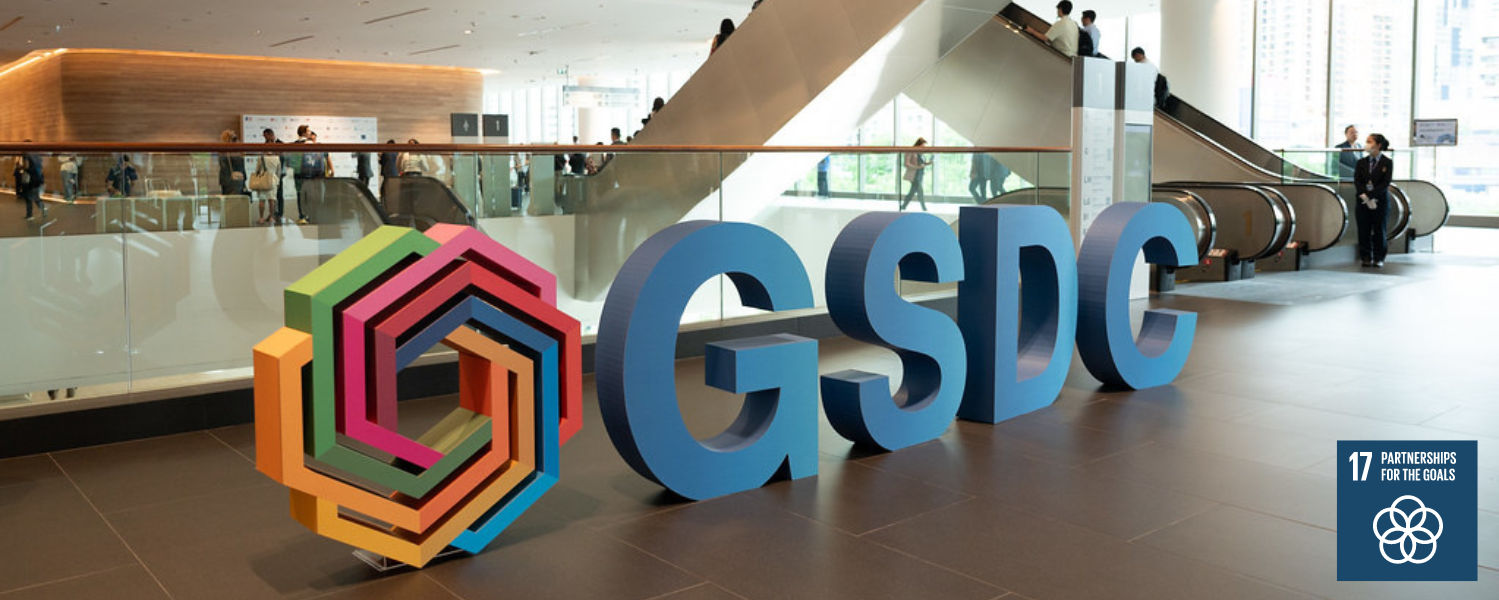
Global Sustainable Development Conference 2024: New Approaches towards Strengthening Multidisciplinary and Sustainable UEH Strategy
13 Jul, 2024
Last June, the UEH delegation attended the Global Sustainable Development Conference 2024 organized by Times Higher Education in Thailand, gaining new perspectives for the UEH Multidisciplinary and Sustainable strategy.
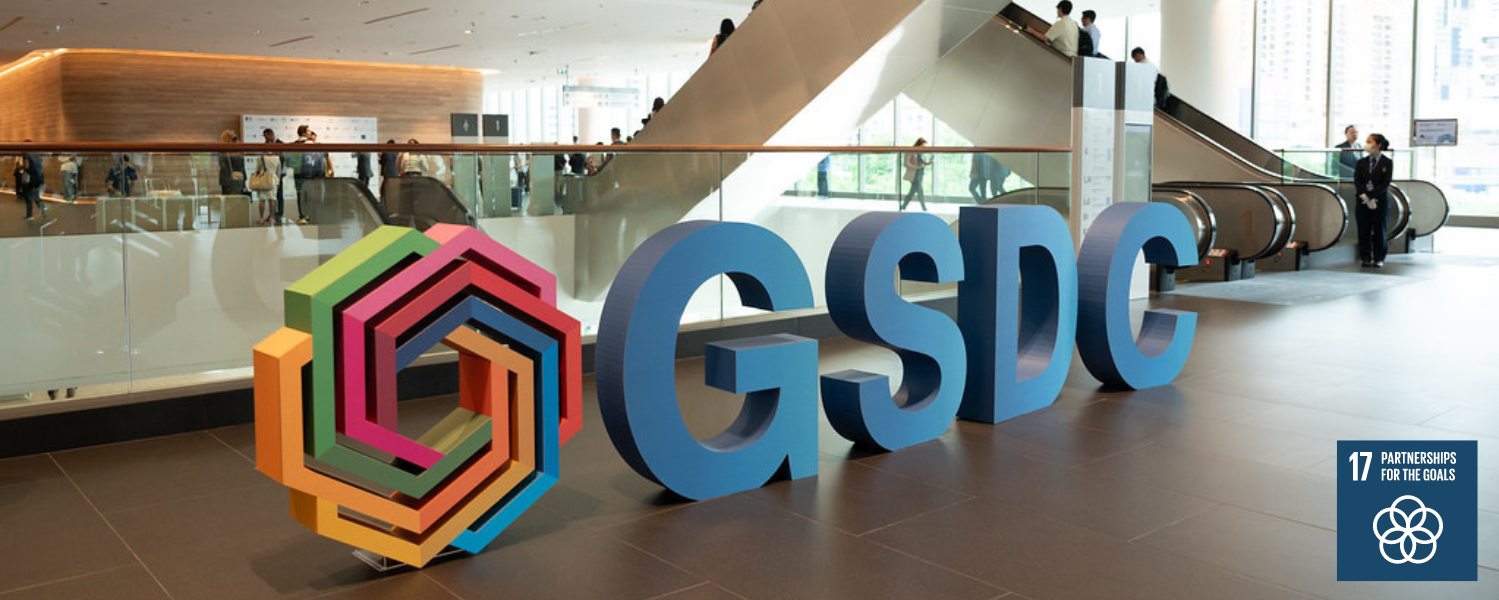
More than 100 in-depth discussion sessions, presenting new approaches to sustainable university models
The Global Sustainable Development Conference 2024 was held at the National Convention Center of Thailand, Bangkok, bringing together 117 leading speakers and experts and 1,200 delegates from universities, businesses and various organizations around the world.
With more than 100 sessions, 6 essential, focus-required social transformations were spread to individuals and organizations to jointly achieve the 17 SDGs set by the United Nations. In specific, they include: (1) digital transformation revolution for sustainable development; (2) education, gender and inequality; (3) energy, decarbonization and sustainable industry; (4) health, well-being and demography; (5) sustainable cities and communities; and (6) sustainable food, land, water and oceans.
In particular, new approaches to the roles and actions of higher education institutions in the above-mentioned transformation revolve around five aspects: Training, Research, Governance, Operation, and Community.
Specifically, in terms of Training activities, the discussion sessions mentioned: (1) applying active education methods to the curriculum, thereby empowering each individual for sustainable transformation; (2) focusing on training green, sustainable skills groups, exploring the benefits of integrating these skills into each individual's lifelong learning process, building an environmentally-savvy workforce; (3) mentioning the role of higher education in promoting frameworks, thinking and actions for happiness, gender equality, social justice; and (4) transforming the education system to develop a green workforce, helping learners thrive as resilient leaders in facing of global challenges.
In terms of Research, the sessions emphasized: (1) how to systematize comprehensive methods and initiatives to approach sustainability as a whole rather than individually; (2) highlighting how different stakeholders use innovation tools to narrow gaps in education access, address gender barriers, and move towards equitable access to education; (3) and the role of research and innovation in engaging society in biodiversity conservation efforts.
In terms of Governance, the discussions highlighted: (1) the need for policies and training programs for the next generation of leaders and employees, ensuring they are fully equipped with the knowledge to promote positive changes and address pressing challenges of our time; (2) emphasizing strategic partnerships between schools, academic researchers and technology providers that contribute to sustainable development and ensure safe and ethical use.
In terms of Operations, the sessions underlined: (1) recent breakthroughs in AI-driven materials and system design that significantly boost energy conversion efficiency to close the carbon loop and (2) promoting sustainable cities by empowering communities and driving citizen behavior toward a more sustainable future.
In terms of Community, the discussions emphasized collaboration among stakeholders in planning and building a strong policy to promote healthy, quality lifestyles and address sustainability and inequality.
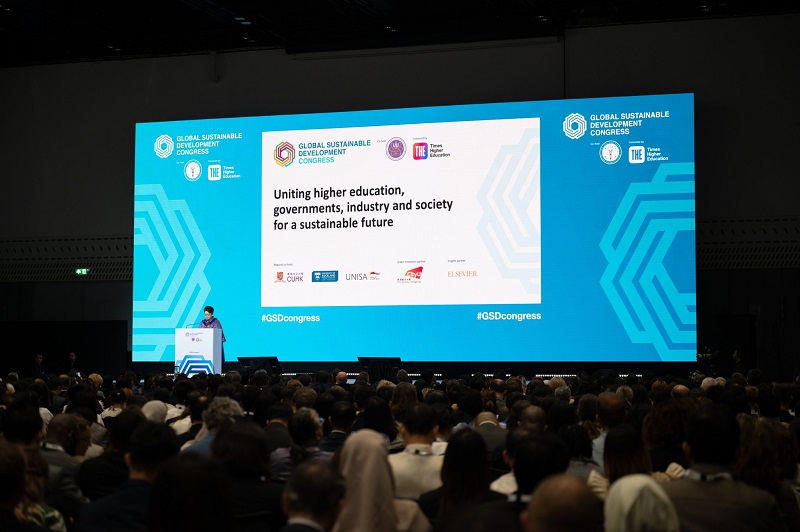
Overview of the opening session of the conference
UEH Multidisciplinary and Sustainable Strategy: continuously adjusting according to PDCA principles to stay in line with the latest trends
Applying the PDCA principle (Plan – Do – Check – Act) in the process of planning, organizing, evaluating, and implementing, the plans and initiatives of the UEH Multidisciplinary and Sustainable University strategy have been continuously adjusted, pioneering the latest approaches in the world. Up to now, 17 SDGs have been gradually integrated into 5 aspects of the school including Training, Research, Community Connection, Operation and Governance and the initial results have been unveiled.
Notably, the “Glocal” (Global & Local) knowledge is focused on in the training activities of all levels of UEH, through 3 key groups of activities: (1) integrating multidisciplinary and sustainable knowledge into the design of the roadmap, building content and implementing training programs, (2) building a global learning environment with diverse training products, diverse learning methods associated with the lifelong learning process of each individual; and (3) efforts to train human resources contributing to the development of the region and locality through local campuses such as UEH Vinh Long, UEH Ho Chi Minh City, and soon UEH Nha Trang.
In recent years, the proportion of quality research articles and international publications contributing to addressing the 17 SDGs has been increasing. In 2023, this number was 311 articles, accounting for 60% of the total number of articles according to the Scopus database. This resulted from the determination to promote international publications that integrate the United Nations Sustainable Development Goals, thereby raising awareness and skills for the next generation of researchers.
“Creating a community of action for sustainable development” is the orientation of the programs connecting UEH and other related partners in the past 3 years. The UEH Global - Digital Transformation for Schools project connects UEH and the teacher community, the Community Connection - Knowledge Spreading - Sustainable Action program with 4 comprehensive cooperation categories between UEH and the business community, or the Giving to UEH funding “For a sustainable development future” creates opportunities for the community, contributes and sponsors education. These programs have realized the above pioneering orientation.
With the view that "UEH campuses and organizational environments must practice sustainable environments first", UEH Operations and Governance prioritize sustainable development. Typical examples are effective management policies using OKR; the UEH Award "for a UEHer community of changemakers"; the policies that create continuous motivation; or the sustainable organizational structure model. In particular, the establishment and scientific operation of the UEH Green Campus project has helped UEH reduce 4 tons of landfill waste by integrating the Living Lab model and the recycling waste circulation model with a management and control mechanism from root to tip. This model has spread to domestic and foreign units, organizations, and localities such as ANZ Bank, District 7 - Ho Chi Minh City.
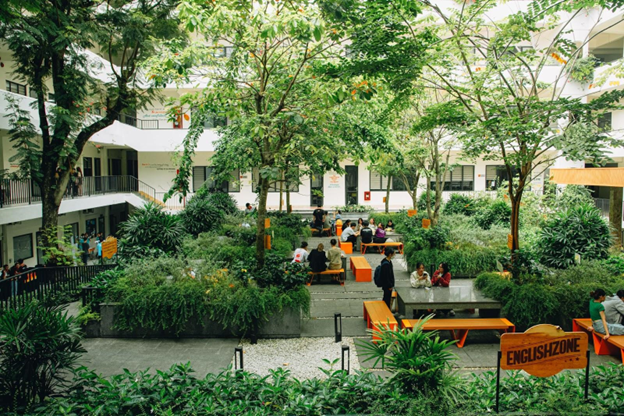
It can be stated that the new approaches to sustainable development from the Global Sustainable Development Conference 2024 have been applied and suggested innovative and comprehensive approaches to the UEH Multidisciplinary and Sustainable Strategy. Continuously learning and implementing these approaches will contribute to promoting a pioneering UEH not only in the academic field but also in sustainable leadership and social responsibility implementation, firstly in Vietnam./.
News and photos: Board of Sustainable University Project, Department of Marketing and Communication




![[Research Contribution] Modernizing and Elevating Vietnamese Higher Education: Creating Breakthroughs in High-Caliber Human Resource Development and Talent Cultivation, Leading Research and Innovation](/images/upload/thumbnail/ueh-thumbnail-639083193174001549.png)
![[Research Contribution] Sustainable Manufacturing: A Driving Force for the Green Economy and the Challenges Ahead](/images/upload/thumbnail/ueh-thumbnail-639082294182922007.png)
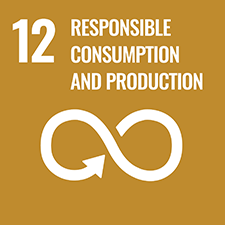
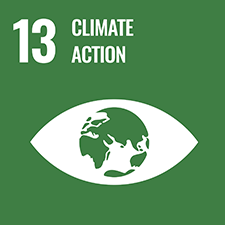
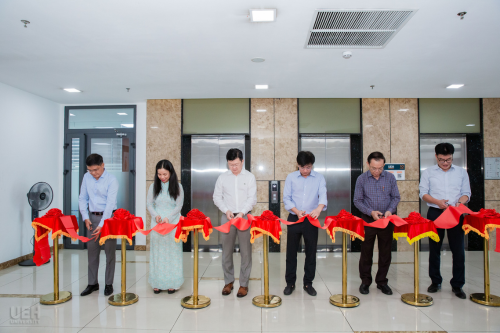

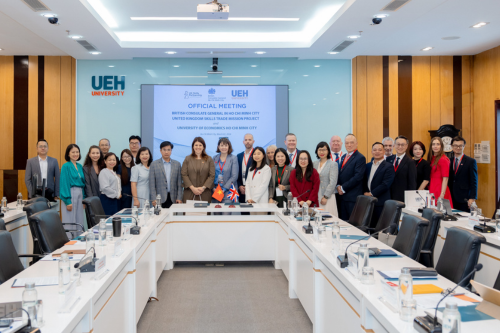

![[Research Contribution] The influence of greenwashing on green purchasing intentions in the electric motorbike sector: the mediating role of green brand trust and green word-of-mouth of GenZ](/images/upload/thumbnail/ueh-thumbnail-639081264718342243.png)